Physical Address
304 North Cardinal St.
Dorchester Center, MA 02124
Physical Address
304 North Cardinal St.
Dorchester Center, MA 02124
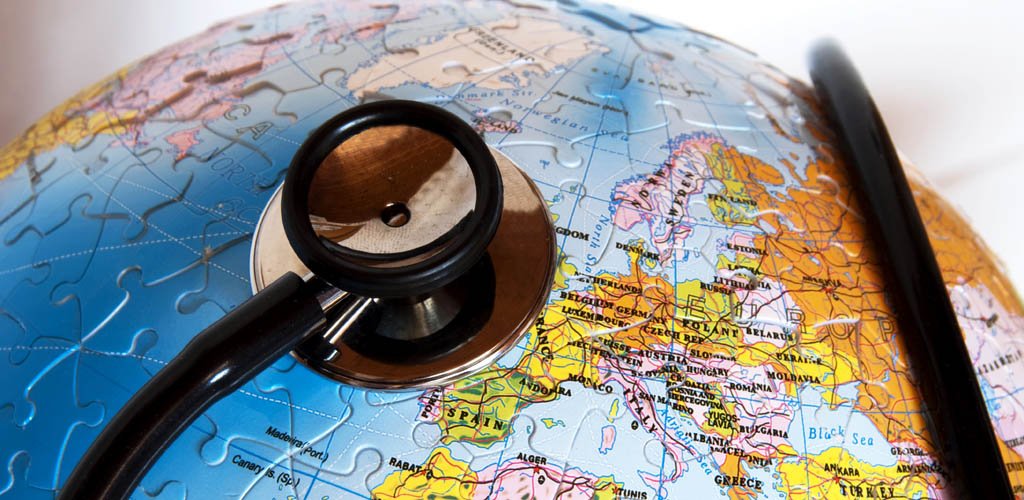
Medical Tourism in Germany | Your Complete Guide to World-Class Healthcare and Healing Experiences
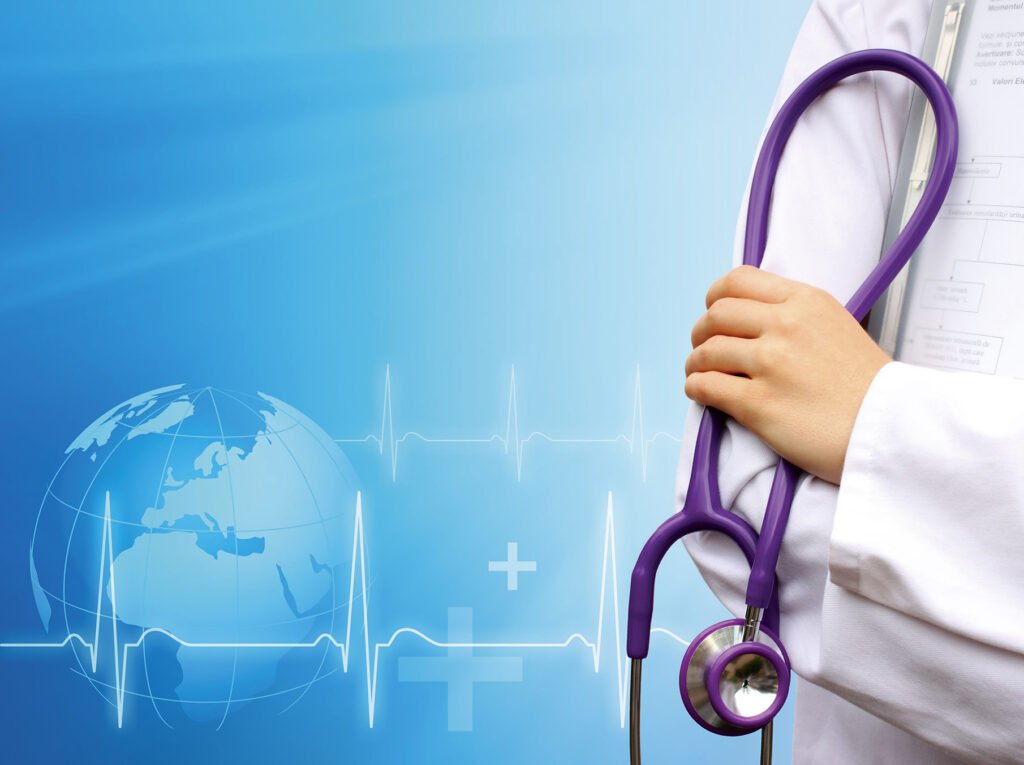
Medical Tourism in Germany
Meta Description: Discover Germany’s exceptional medical tourism opportunities with world-renowned hospitals, affordable treatments, budget accommodations, and comprehensive travel planning for families and individuals.Discover alsoMedical tourism Germany,Cheap flights to Germany,Budget accommodations Germany,German hospitals medical tourism,Thermal spas Germany,Medical visa Germany requirements,Family trip planning Germany,Budget hotels Germany families,Airport transfers Germany medical tourism,Wellness retreats Germany,Secret sanctuaries healing.
Have you ever wondered what makes Germany the hidden gem of European medical tourism? Picture this: you’re walking through the pristine corridors of Charité University Hospital in Berlin, where history meets cutting-edge technology in ways that would leave even the most skeptical traveler amazed.
Germany’s medical tourism industry generates an impressive $6.7 billion annually, representing 25% of Europe’s entire medical tourism market. But what draws hundreds of thousands of international patients to this undiscovered paradise of healthcare excellence?
The answer lies in Germany’s unique combination of world-renowned medical expertise, surprisingly affordable treatments, and an infrastructure designed with international patients in mind. From the moment you step off your cheap flight at Frankfurt or Munich airports, you’ll discover why Germany has become the favorite destination for medical tourists seeking quality care without breaking the bank.
Charité University Hospital consistently ranks as Germany’s leading medical institution and one of Europe’s largest university hospitals. Walking through its halls feels like stepping into the future of medicine, where cutting-edge treatments meet centuries of medical tradition.Explore the hospital here
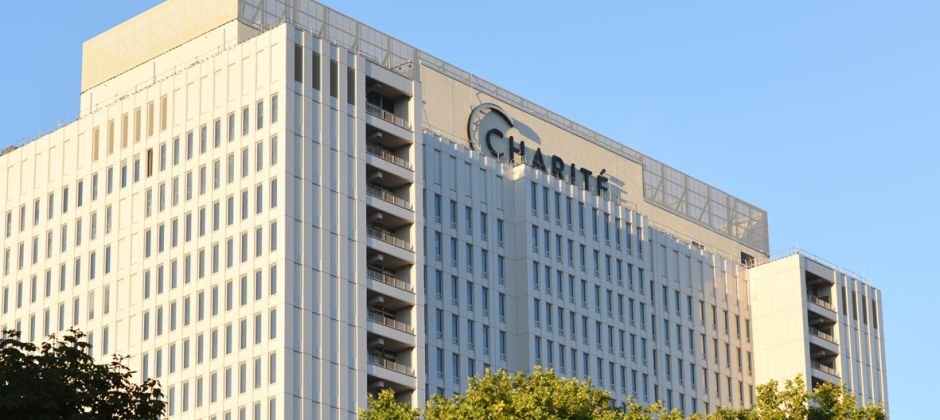
The capital offers more than just medical care. Between appointments, you can explore cultural experiences that make your healing journey memorable. The Brandenburg Gate stands just minutes away from some of the world’s most advanced medical facilities.
The LMU Klinikum and Klinikum rechts der Isar represent Munich’s commitment to medical excellence. What sets Munich apart is its unique position as a gateway to both urban medical sophistication and alpine wellness retreats.Explore the hospital here
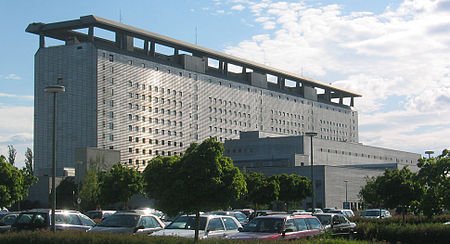
The LMU Klinikum – Munich
Imagine recovering from your treatment while gazing at snow-capped mountains, breathing the crisp Bavarian air that has been healing visitors for centuries. This is the kind of unforgettable experience that transforms medical tourism from necessity into renewal.
Often overlooked, Hamburg emerges as a secret sanctuary for medical tourists. The University Medical Center Hamburg-Eppendorf offers specialized treatments while the city’s maritime culture provides a calming backdrop for recovery.Explore the hospital here
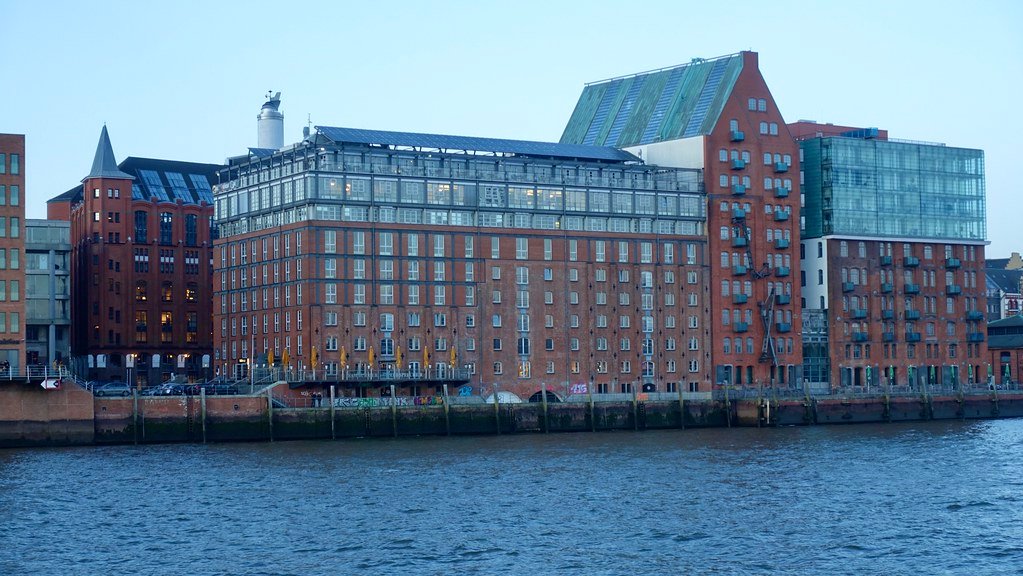
Hamburg: The Maritime Medical Hub
The Hanseatic city’s locally preferred approach to hospitality ensures international patients feel welcomed rather than overwhelmed.
Medical tourism in Germany doesn’t have to drain your savings. A typical consultation costs as little as $20 USD, making it incredibly accessible for budget-conscious travelers. But how do you plan a complete medical journey without overspending?
Smart Budget Allocation:
Book your flights early through Travel Go Easy to secure the best deals on international routes. The key is planning your medical tourism journey at least 3-4 months in advance.
Consider traveling during shoulder seasons (April-May, September-October) when cheap flights and budget-friendly hotels are more readily available, and you’ll avoid the tourist crowds that might complicate your medical schedule.
Germany’s central European location makes it incredibly accessible, with direct flights from virtually every continent. Frankfurt Airport serves as the primary gateway, but don’t overlook Munich and Berlin for potentially better flight deals.
Once you land, the last thing you want is transportation stress. That’s where professional transfer services become invaluable. Book your airport transfer through Travel Go Easy’s transfer service to ensure smooth, comfortable transportation directly to your medical facility.
Transportation Options:
German public transportation systems are renowned for their reliability and efficiency. A day pass in most cities costs €5-8, providing unlimited access to buses, trams, and trains.
Pro tip: Download the local transport app before arrival. Cities like Berlin use the BVG app, while Munich uses MVG, making navigation effortless even for first-time visitors.
Budget accommodations in Germany offer remarkable value, especially for medical tourists requiring extended stays. Hostels with private rooms cost €25-40 per night, while budget hotels range from €45-70.
Family-Friendly Budget Options:
Find the perfect accommodation through Travel Go Easy’s hotel booking platform, which specializes in medical tourism-friendly properties.
Recovery requires comfort, and Germany’s mid-range hotels understand this perfectly. Properties near major medical centers offer specialized services for medical tourists, including:
Medical tourism in Germany isn’t just about modern hospitals. The country’s rich tradition of thermal spas and wellness retreats offers complementary healing experiences that have been attracting visitors for centuries.
Baden-Baden represents the pinnacle of German spa culture. The Friedrichsbad here and Caracalla Spa here provide therapeutic thermal waters that have been healing visitors since Roman times. Imagine soaking in naturally heated mineral waters while your body recovers from treatment.
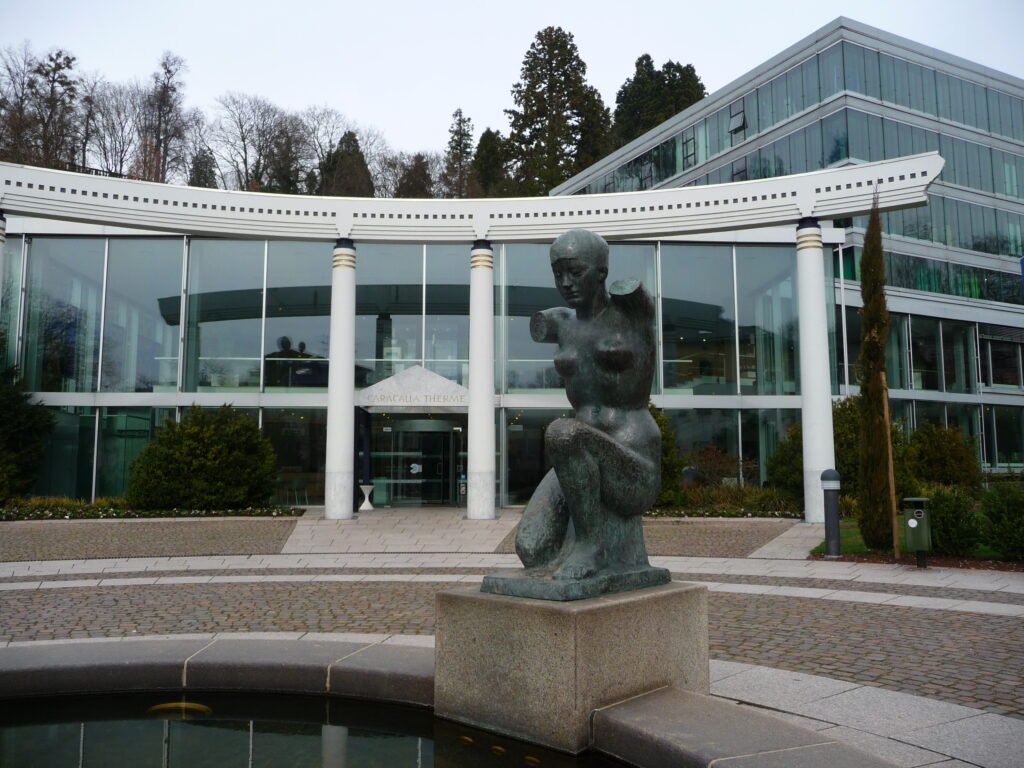
Caracalla Spa- therapeutic thermal waters
Between medical appointments, explore cultural experiences that make your healing journey memorable. Germany’s smaller cities often harbor undiscovered gems that provide perfect settings for quiet recovery.
The Black Forest region offers peaceful hiking trails and traditional wellness treatments. These locally favored destinations provide authentic German experiences away from tourist crowds.
Discover more about unique cultural opportunities through Travel Go Easy’s cultural experiences section.
Medical tourists typically need a Schengen visa for stays up to 90 days. The process requires:
Required Documents:
Processing time: 15-20 business days, so apply well in advance.
Citizens from many countries enjoy visa-free access to Germany for medical tourism. US, Canadian, Australian, and many EU citizens can enter for up to 90 days without a visa, making spontaneous medical consultations possible.
Germany’s thermal bath tradition dates back over 2,000 years. These aren’t tourist attractions but genuine healing centers where thermal waters provide therapeutic benefits recognized by medical professionals.
Top Thermal Destinations:
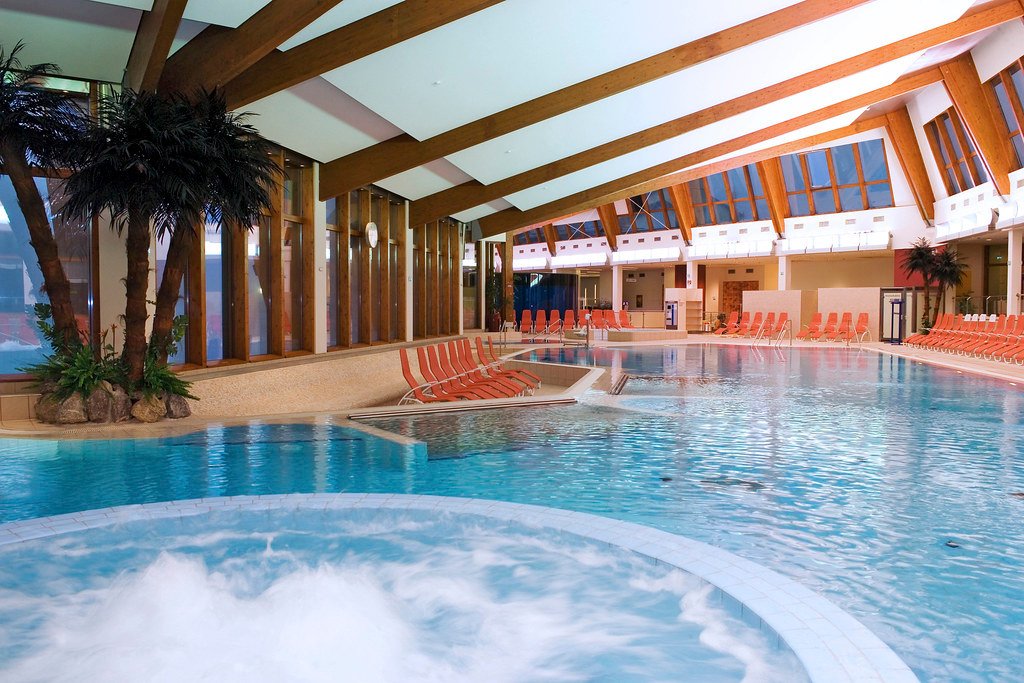
Bad Driburg: Combines modern medicine with traditional remedies
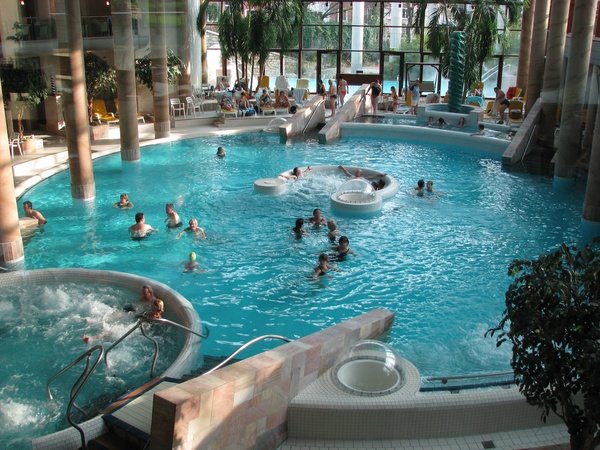
Aachen: Historic thermal springs near the Belgian border
Many German medical facilities partner with nearby spas to provide comprehensive healing experiences. Hydrotherapy, mud treatments, and thermal baths complement traditional medical treatments, creating holistic recovery programs.
These wellness sanctuaries offer respite between medical appointments while providing genuine therapeutic benefits that enhance your overall treatment outcomes.
Medical tourism doesn’t mean family members must sit in hospital waiting rooms. Germany offers countless family trip planning opportunities that accommodate medical schedules.
Family-Friendly Strategies:
Traveling with family for medical tourism requires careful budget management. Group discounts for accommodations and attractions can significantly reduce costs.
Money-Saving Family Tips:
Visit Travel Go Easy’s family trip planning resource for comprehensive family travel strategies.
Every German city harbors hidden treasures that medical tourists rarely discover. These locally preferred destinations offer authentic experiences and peaceful recovery environments.
Berlin’s Hidden Healing Spots:
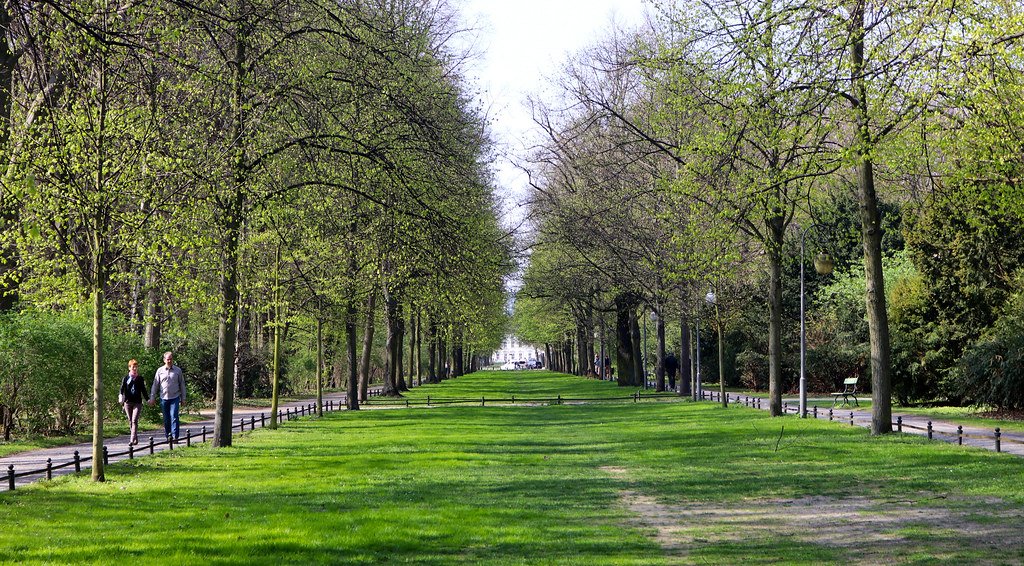
Tiergarten’s quiet paths for contemplative walks
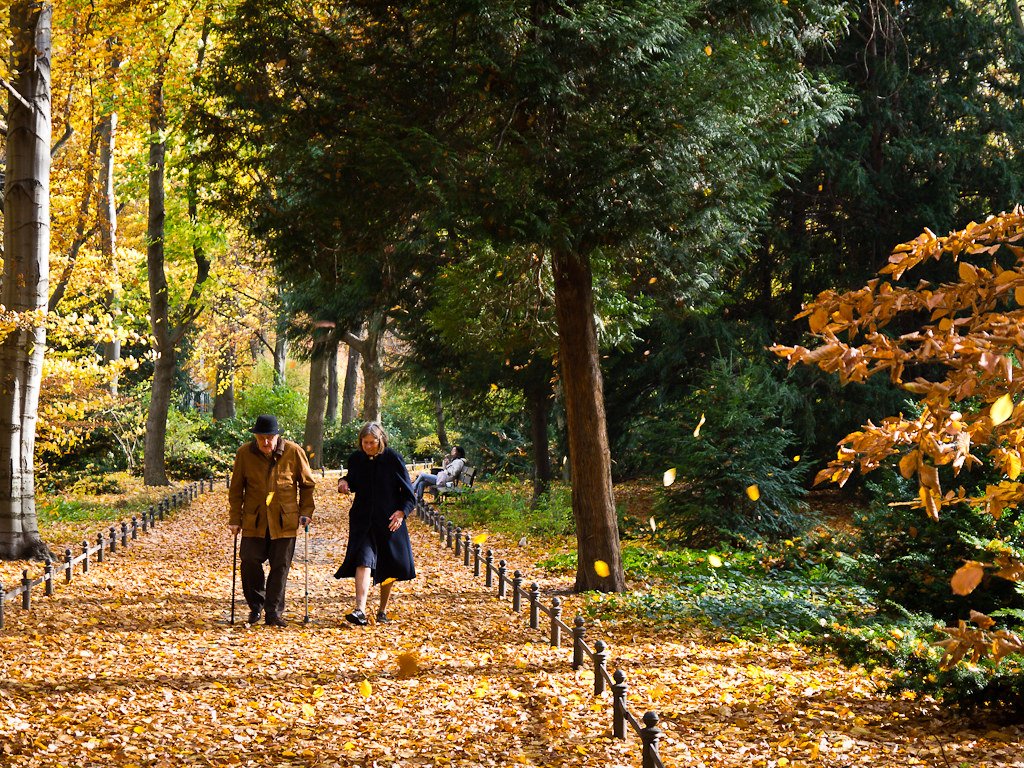
Community gardens for natural tranquility
Beyond famous spa towns lie hidden wellness sanctuaries where healing traditions continue unchanged. Small towns like Bad Mergentheim or Bad Kissingen offer world-class thermal treatments without tourist crowds.
These secret sanctuaries provide authentic German hospitality and healing traditions that transform medical tourism into spiritual renewal.
Explore more unique destinations through Travel Go Easy’s hidden gems collection.
Cheap flights to Germany are most available during shoulder seasons. Tuesday and Wednesday departures typically offer the best deals, while booking 6-8 weeks in advance optimizes pricing.
Budget Optimization Techniques:
Living like a local significantly reduces costs while enhancing your cultural experience. German supermarkets offer high-quality foods at reasonable prices, perfect for extended medical stays.
Local Money-Saving Secrets:
Germany’s transportation network makes visiting multiple medical specialists effortless. The DB train system connects major medical centers with remarkable efficiency.
Transportation Options:
Pro tip: The Deutschland-Ticket offers unlimited regional transport for €49/month, perfect for extended medical tourism stays.
Some medical conditions benefit from consulting specialists in different cities. Planning tourist routes that incorporate multiple medical consultations requires strategic thinking.
Consider the Munich-Berlin-Hamburg triangle for comprehensive medical consultations while exploring Germany’s diverse cultural offerings.
Check Travel Go Easy’s route planning tools for optimized multi-city medical tourism itineraries.
German medical culture emphasizes punctuality, thoroughness, and direct communication. Appointments start precisely on time, and medical discussions are frank and detailed.
Cultural Etiquette:
While many German medical professionals speak English, learning basic German phrases enhances your experience and shows respect for local culture.
Essential German Medical Phrases:
Spring (April-May) and autumn (September-October) offer ideal conditions for medical tourism. Weather is mild, tourist crowds are manageable, and both flights and accommodations are more affordable.
Seasonal Advantages:
Oktoberfest (September-October) and Christmas market season (December) dramatically increase accommodation costs and reduce availability. Plan medical tourism outside these periods for better value.
Strategic Timing Tips:
Recovery requires proper nutrition, and Germany offers excellent healthy food options at reasonable prices. Local markets provide fresh, seasonal ingredients perfect for healing diets.
Budget-Friendly Nutritious Options:
German cuisine offers more than heavy traditional dishes. Modern German restaurants focus on fresh, health-conscious preparations that support recovery.
Healthy Dining Choices:
German mobile networks offer excellent coverage and affordable prepaid options for international visitors. Unlimited data plans cost €15-25 monthly, essential for navigation and communication with medical facilities.
Digital Essentials:
Germany embraces telemedicine, allowing follow-up consultations without return trips. Many medical facilities offer video consultations for ongoing care, making extended treatment relationships possible.
Emergency number 112 works throughout Germany for all medical emergencies. German emergency services are highly efficient and most operators speak English.
Emergency Preparedness:
Comprehensive travel insurance is mandatory for medical tourism in Germany. Coverage should include medical treatment, emergency evacuation, and trip cancellation protection.
Insurance Requirements:
Online communities and support groups provide valuable insights from experienced medical tourists. Facebook groups and Reddit communities share practical advice and emotional support.
Networking Benefits:
Building relationships with German medical professionals creates opportunities for ongoing care and follow-up treatments. Many international patients return annually for check-ups and continued care.
These medical partnerships often lead to better treatment outcomes and cost savings through established relationships.
Germany’s medical tourism landscape offers far more than excellent healthcare. It provides an opportunity to discover hidden treasures, experience authentic culture, and build lasting memories while addressing your medical needs.
From the thermal springs of Baden-Baden to the cutting-edge facilities of Berlin, every German medical destination offers unique healing experiences. Whether you’re seeking budget-friendly options or comprehensive treatment packages, Germany accommodates every need and budget.
Ready to begin your healing journey? Start planning your German medical tourism adventure today:
Explore more unique travel opportunities:
Q: How much does medical tourism in Germany cost compared to the US? A: German medical treatments typically cost 30-60% less than equivalent US procedures, with consultations starting at just $20 USD. The combination of lower treatment costs and affordable accommodations makes Germany highly cost-effective for medical tourism.
Q: Do I need a special visa for medical tourism in Germany? A: Most tourists can use a standard Schengen tourist visa for medical tourism stays up to 90 days. Citizens from visa-free countries (US, Canada, Australia) can enter without a visa for medical consultations.
Q: Which German cities are best for medical tourism? A: Berlin, Munich, Hamburg, and Heidelberg offer the highest concentration of world-class medical facilities. Berlin’s Charité University Hospital and Munich’s LMU Klinikum are consistently ranked among Europe’s best hospitals.
Q: Can I combine medical treatment with family vacation activities? A: Absolutely! Germany offers countless family-friendly attractions near major medical centers. Plan flexible itineraries that accommodate medical appointments while providing entertainment for family members.
Q: How do I arrange transportation from the airport to medical facilities? A: Professional transfer services provide the most convenient option. Book through Travel Go Easy’s transfer service for reliable, comfortable transportation directly to your medical facility.
Q: Are German doctors and medical staff fluent in English? A: Most German medical professionals in major hospitals speak excellent English. However, learning basic German medical phrases enhances communication and shows cultural respect.
Q: What insurance do I need for medical tourism in Germany? A: Comprehensive travel insurance with minimum €30,000 coverage is required. Ensure coverage includes medical treatment, emergency evacuation, and prescription medications.
Q: When is the best time to visit Germany for medical tourism? A: Spring (April-May) and autumn (September-October) offer ideal conditions with mild weather, lower prices, and fewer tourist crowds. Avoid peak tourist seasons like Oktoberfest and Christmas markets.
Targeted Keywords Used in This Article:
© 2025 Travel Go Easy (travelgoeasy.net) – This article is protected by copyright and exclusive to Travel Go Easy. Unauthorized reproduction or use is strictly prohibited.
Travel Go Easy: Your trusted partner for flights, hotels, transfers, and unforgettable travel experiences worldwide.
[…] Get Started Now […]